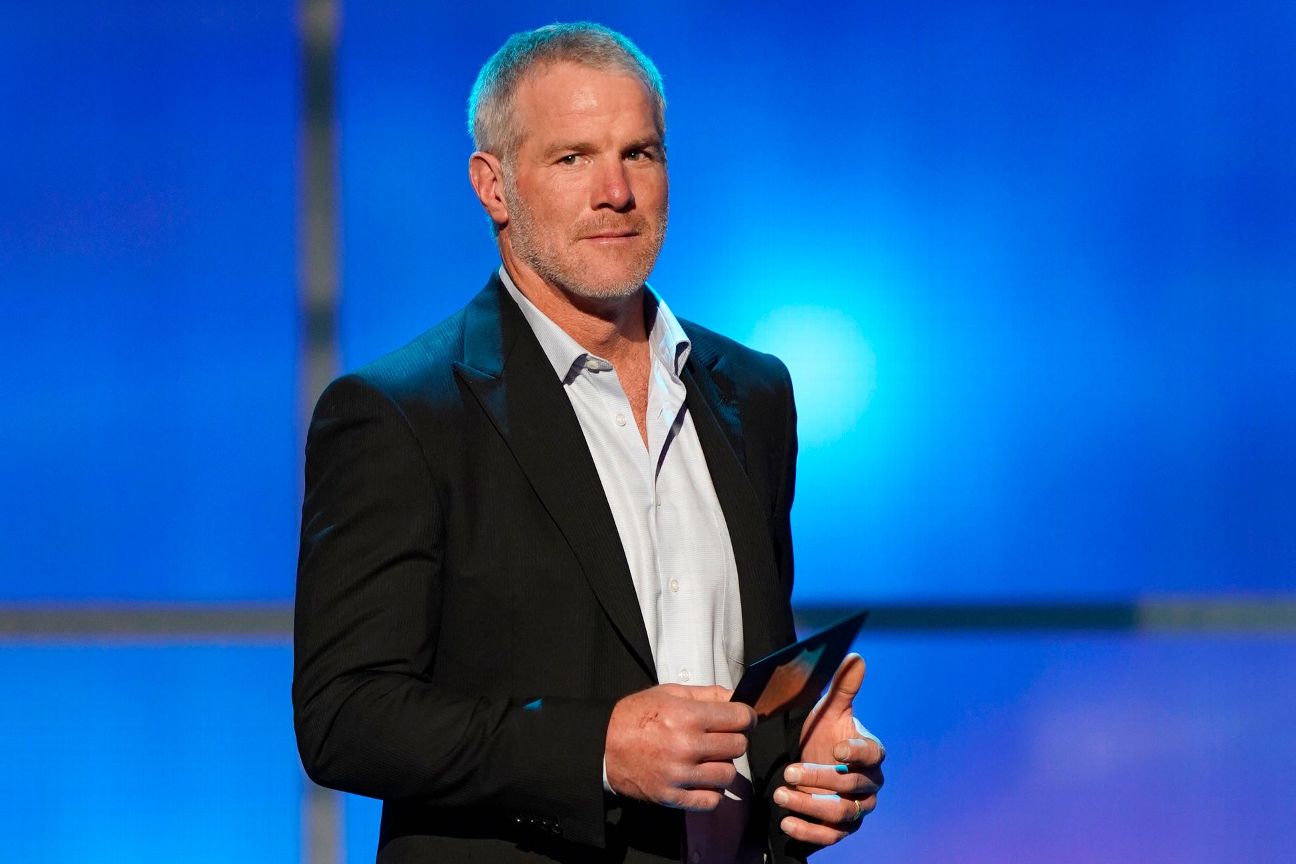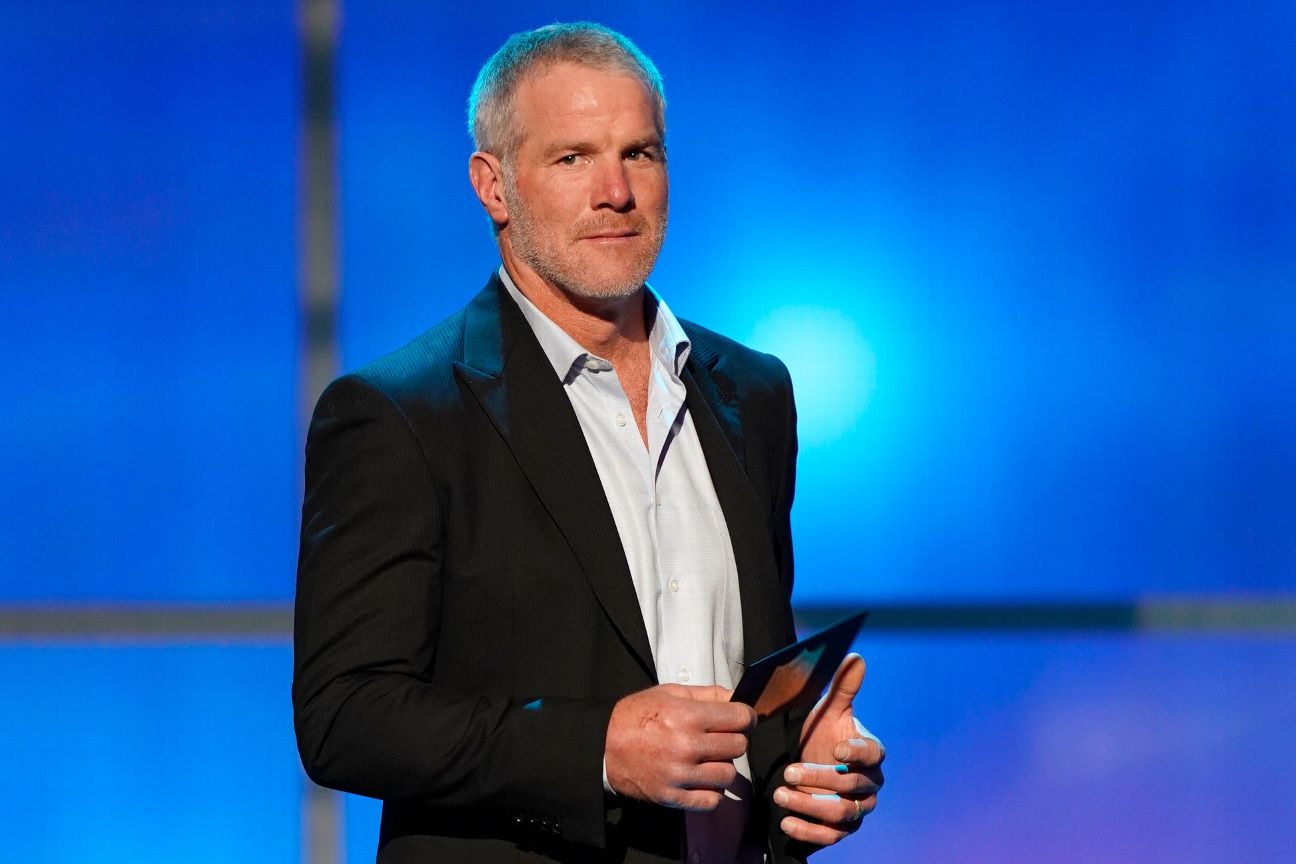-

DAL
22 -

WSH
26
-

DEN
24 -

PIT
20
-

NE
16 -

OAK
19
-

NYG
24 -

MIA
17
-

IND
34 -

MIN
6
-

NYJ
3 -

ATL
24
-

NYJ
3 -

ATL
24
-

IND
34 -

MIN
6
-

DEN
24 -

PIT
20
-

NE
16 -

OAK
19
-

NYG
24 -

MIA
17
-

DAL
22 -

WSH
26







